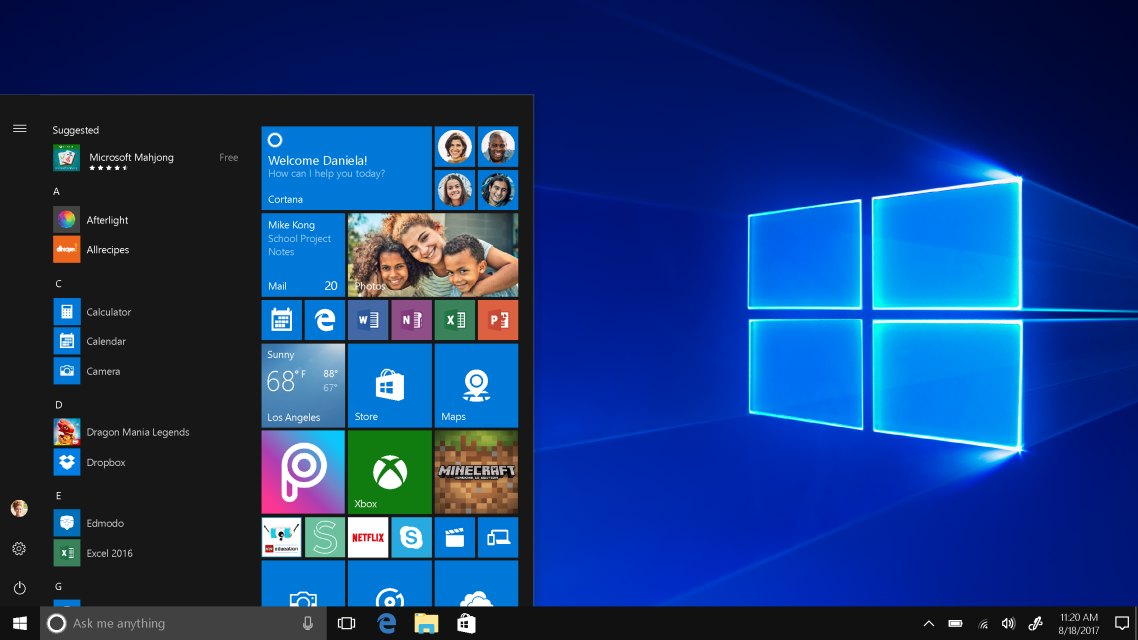The clock is ticking, Windows 10 users. October 14, 2025, looms like a digital doomsday, the day Microsoft pulls the plug on your trusty operating system. But what happens to the 240 million PCs that currently rely on it? Are they heading for the graveyard as obsolete relics in landfills, or will they turn into plastic shells and toxic bits scattered across the planet like a 21st-century necropolis?
According to Canalys Research, Microsoft’s decision to end support for Windows 10 might lead to the disposal of around 240 million personal computers, potentially adding a whopping 480 million kilograms of electronic waste—equivalent to 320,000 cars—to our environment, Reuters reported.
While some PCs might soldier on for a while post-support, Canalys warns that demand for devices lacking security updates could dwindle. But it’s not all bad news. Microsoft plans to provide security updates for Windows 10 devices until October 2028, though the exact cost remains undisclosed.
However, Canalys suggests that if the pricing trend for extended Windows 10 support follows past patterns, making the switch to newer PCs might be a more pocket-friendly option, leading to more older PCs heading to the scrap heap.
Windows 10 Support to End in 2025

Windows 10 Support to End in 2025
Microsoft’s waving goodbye to Windows 10 support by October 2025, with the promise of a next-gen OS on the horizon, is expected to bring some high-tech AI to our PCs and potentially give the sluggish PC market a boost.
Meanwhile, Microsoft is mum on the environmental impact of ditching Windows 11-incompatible devices. On the brighter side, the hard drives from these PCs aren’t just trash—they’re gold mines for materials that can power electric vehicle motors and even contribute to renewable power generation.
According to Peter Afiuny, Chief Commercial Officer at Noveon Magnetics, repurposing end-of-life computers into magnets could fuel sustainable tech like electric vehicles and wind turbines, meeting the growing global demand for electricity.
“Turning end-of-life computers into the magnets that power sustainable technologies like electric vehicles and wind turbines will help meet the rising global demand for electricity,” Afiuny said.
Afiuny also points out that hard drives often get tossed before they’ve run their course, leading to an excess of rare earth magnetic material waste.
And don’t worry about those old batteries. On the bright side, Redwood Materials mentions recycling batteries can recover metals like lithium, cobalt, nickel, and copper, nearly endlessly. In the end, maybe there’s a silver lining for our tech afterlife.
- SEO Powered Content & PR Distribution. Get Amplified Today.
- PlatoData.Network Vertical Generative Ai. Empower Yourself. Access Here.
- PlatoAiStream. Web3 Intelligence. Knowledge Amplified. Access Here.
- PlatoESG. Carbon, CleanTech, Energy, Environment, Solar, Waste Management. Access Here.
- PlatoHealth. Biotech and Clinical Trials Intelligence. Access Here.
- Source: https://techstartups.com/2023/12/22/windows-10-sunset-240-million-pcs-could-be-headed-for-landfill-creating-e-waste-mountain/
- :is
- :not
- 000
- 10
- 14
- 2025
- 2028
- 32
- 320
- a
- About
- across
- adding
- AI
- All
- also
- an
- and
- ARE
- around
- AS
- At
- Bad
- batteries
- BE
- before
- boost
- Bright
- brighter
- bring
- but
- by
- CAN
- canalys
- chief
- Clock
- commercial
- computers
- contribute
- Copper
- Cost
- could
- course
- Creating
- Currently
- day
- decision
- Demand
- Devices
- digital
- disposal
- Dont
- doomsday
- drives
- earth
- Electric
- electric vehicle
- electric vehicles
- electricity
- Electronic
- end
- endlessly
- Environment
- environmental
- Even
- excess
- expected
- extended
- follows
- For
- from
- Fuel
- generation
- get
- Give
- Global
- Gold
- Growing
- happens
- Hard
- headed
- Heading
- help
- horizon
- HTTPS
- if
- Impact
- in
- into
- IT
- jpg
- just
- lacking
- lead
- leading
- like
- lining
- lithium
- Magnets
- Making
- Market
- material
- materials
- maybe
- Meet
- meeting
- mentions
- Metals
- Microsoft
- might
- million
- mines
- more
- Motors
- Mountain
- mum
- nearly
- newer
- news
- Nickel
- obsolete
- october
- of
- Officer
- often
- Old
- older
- on
- operating
- operating system
- Option
- or
- OS
- our
- out
- past
- patterns
- PC
- PCs
- personal
- Personal computers
- Peter
- planet
- plans
- plastic
- plato
- Plato Data Intelligence
- PlatoData
- plug
- points
- potentially
- power
- pricing
- promise
- provide
- Pulls
- RARE
- Recover
- recycling
- rely
- remains
- Renewable
- research
- Reuters
- rising
- Run
- Said
- scattered
- security
- security updates
- side
- Silver
- silver lining
- sluggish
- some
- Suggests
- Sunset
- support
- sustainable
- Switch
- system
- tech
- Technologies
- that
- The
- their
- These
- they
- those
- though?
- ticking
- to
- tossed
- Trend
- TURN
- until
- Updates
- users
- vehicle
- Vehicles
- Warns
- Waste
- What
- while
- will
- wind
- windows
- with
- worry
- Your
- zephyrnet












